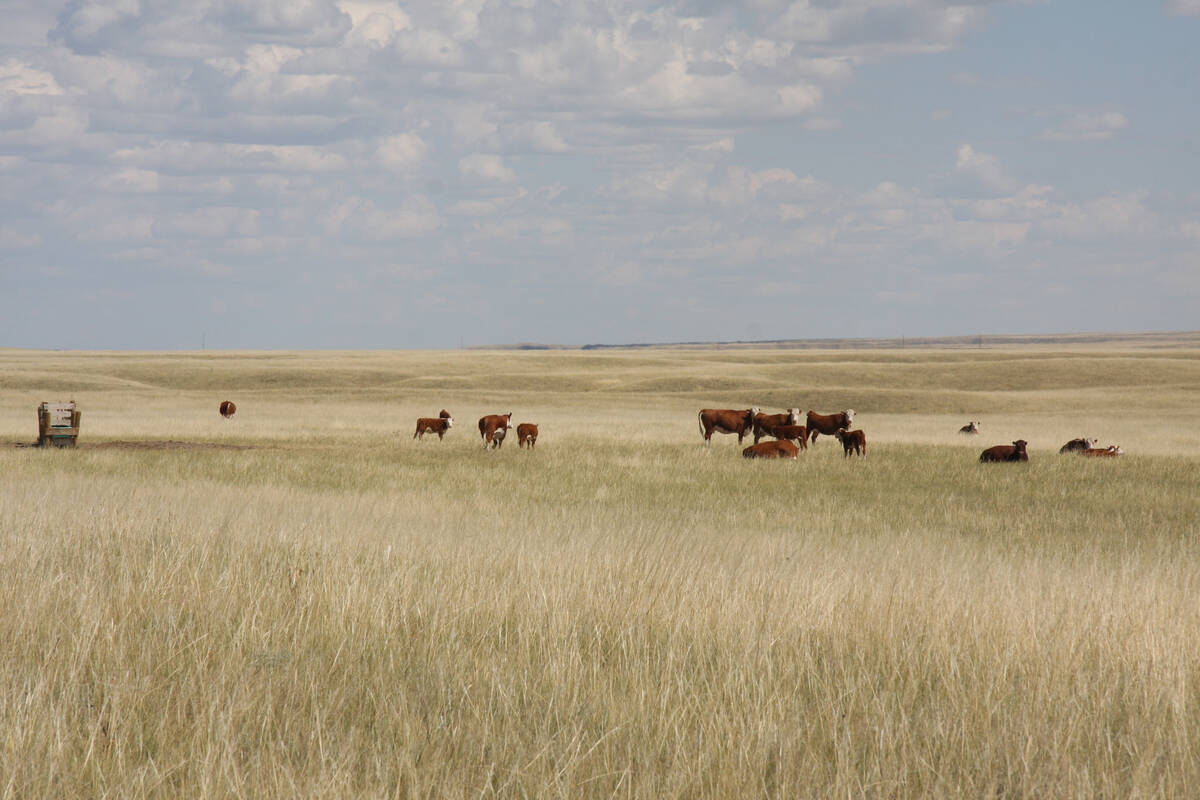Few incentives Cattle can carry virus without becoming ill, so cattle producers reluctant to vaccinate
A cattle vaccine exists that protects against the strain of E. coli that resulted in the XL Foods beef recall, but its use remains low.
The vaccine, which has been commercially available since 2008, can’t guarantee that E. coli outbreaks won’t occur, says a vaccine research expert, but it can significantly decrease the likelihood.
“The big problem there is E. coli doesn’t cause any production losses in cattle. They just carry it. So there’s really no incentive for farmers to immunize,” said Lorne Babiuk, vice-president of research at the University of Alberta and former head of the University of Saskatchewan’s Vaccine and Infectious Disease Organization, which developed the vaccine for E. coli O157:H7.
Read Also

Conservation groups enter grazing lease debate
The Municipal District of Taber in southern Alberta remains at a political crossroads, weighing the interests of generating revenue for public services with conserving native grasslands.
“Until there is an incentive for them to immunize, they’re not going to immunize. We have a potential, and I say potential, way of being able to reduce contamination of the environment, but there’s no uptake of it.”
The vaccine is available under the name Econiche at a cost of $3 per dose. Animals receive two doses.
E. coli doesn’t affect the cattle that carry it, but it can have serious effects on humans.
“There are a lot of producers that have cattle that are ready to go to slaughter, but there’s no capacity to slaughter them (because of the XL Foods closure),” said Babiuk during a recent appearance in Saskatoon.
“So they’re feeding them for nothing. I can tell you that they’re paying more than the $6 the vaccine would’ve been. So yes, it’s a direct cost, but what are the costs of not doing it? You have to look at that.”
He said the vaccine raises policy questions.
“The producers don’t want to pay for it. The packing plant doesn’t want to pay for it,” he said.
“Well, maybe they should share the cost. It’s not for me to set policy, but clearly there is a potential opportunity to be able to do this.”
Babiuk was in Saskatoon presenting a series of Gairdner Lectures. Earlier this year he was given the Canada Gairdner Wightman Award, an honour likened to the Nobel Prizes, recognizing his career accomplishments, which include 36 issued and 13 pending patents that cover vaccine work for livestock and humans.














